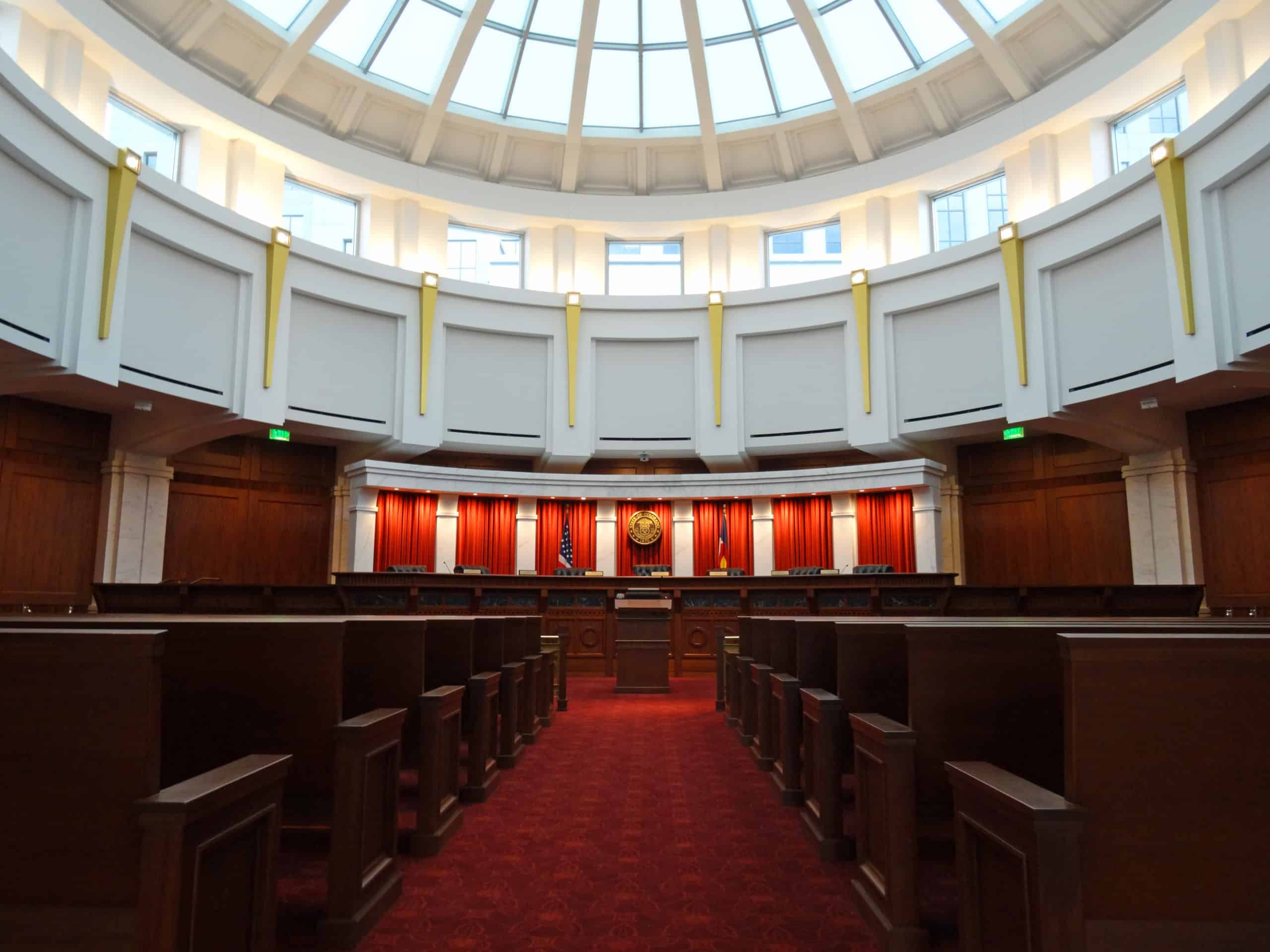Cremation is one of the fastest growing alternative burial methods in the country. Yet, most people are not aware of the legal rules that must be followed when cremating a loved one. In this article, we’ll discuss some frequently asked questions to guide you through the process.
It is important to note that there are specific licensing and operational requirements to be considered an authorized crematory. State and local laws also govern who can authorize a cremation for a deceased family member and how long after death a cremation can be performed.
Table of Contents
Who Can Choose Cremation As a Form of Burial?
Only the person considered to be the next-of-kin can authorize cremation. In some states, this person is referred to as the “authorizing agent.” The official process to authorize a cremation begins with the signing of a declaration for disposition form by the next-of-kin.
Do I Need a Cremation Permit?
After the declaration of disposition has been filed with the official death certificate, the county’s office will issue a cremation permit. Depending on the county, the cost for the cremation permit may be between $15-$40.
Is there a mandatory waiting period before cremation?
The state and local laws vary, so be sure to check with your local jurisdiction. Usually, there is a 24-hour waiting period between when the person died and when they can be cremated. Some states lengthen this to 48-hours after death before cremation can occur. However, if the disposal of the body should be done to maintain public health, in the instance of a contagious disease, then the state coroner can override this waiting regulation and order an immediate cremation take place.
Are cremation providers licensed?
According to federal regulations, all cremation providers must be certified and licensed within the county or state in which they perform cremation services. Within the funeral industry, there are additional regulations and best practices that reputable crematory and burial providers must follow. These would include proper and ethical handling of remains, accurate documentation of processes performed, as well as safe practices related to cremation collection and/or disposal. You can always ask to see licensure and documentation before selecting a cremation provider.
If you are considering cremation for a loved one, the experienced and caring staff at the Philadelphia Cremation Society are happy to answer all of your questions. Give us a call for a free cremation consultation at (610) 572-7078.





